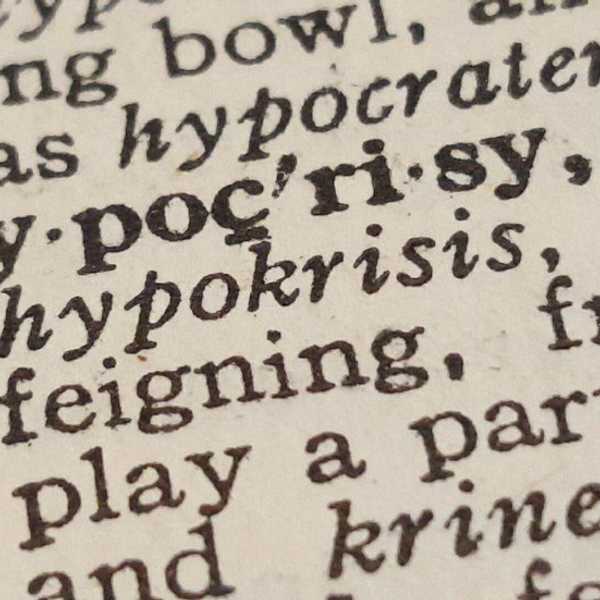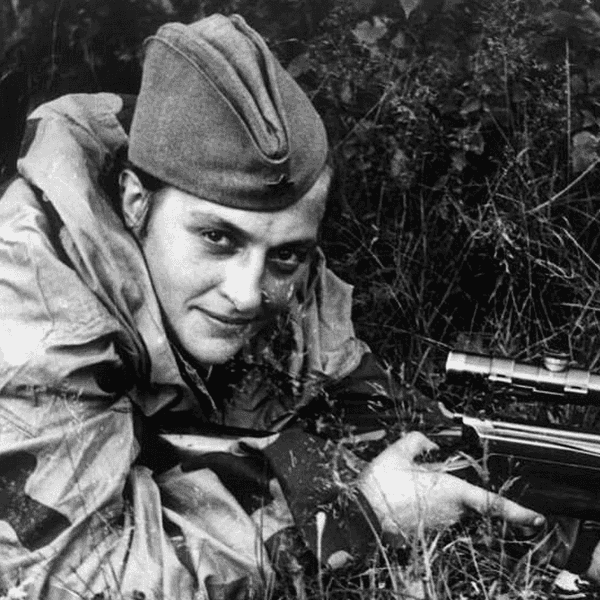Why is it that Muslim women are always depicted as women who are oppressed? This very common archetype has long been an enlarged thorn at the sides of many Muslim women. Whether a Muslim woman decides to veil herself in modesty or to expose her hair, it remains her choice. They are human and as in charge of their actions and their body as any other woman on the planet. Assuming that a woman is oppressed because she wears the veil is an ignorant assumption.
There is also no way to know whether a veiled or non-veiled Muslim woman is oppressed unless we get to know her (histories and background).
The media can be seen as a double-edged sword. While it does help spread information to its consumers, what happens when it makes unfounded assumptions by creating dangerous stereotypes. The media can create prejudice against a whole people as it inaugurates and legitimizes a plague of unprecedented hatred against them. According to Huffington Post, one study found that as high as 91% of articles in national newspapers in the U.K negatively portray Muslims. Foreign Policy even claims that the New York Times, a newspaper who claims to “stress the accuracy of events” and “all news fit to print” has, in fact, portrayed Muslims as an ‘epidemic’ worse than cancer.
It’s always hard to embrace your identity when a part of it is being sullied by the willful ignorance of media acolytes. "Generalizations," Polish poet Czeslaw Milosz says, is ‘the true enemy of man.’ And in this world, people believe the stereotypes that have been perpetuated by media about Muslims. Muslims preach violence. Muslims oppress their women. Muslims are unjust.
During the summer of 2016, Donald Trump demonstrated a perfect example of everything that is wrong with the perception of Muslim women in Western cultures. After Gazala Khan took the stage with her husband, Trump criticized Khan by stipulating that she must not have spoken about her son because she wasn’t “allowed” to. Khan retaliated loudly by claiming that she had trusted her husband to speak for the both of them. The fact is people agreed with Trump about Khan and deemed her a "victim" of her “oppressive” beliefs. Sadly, no one would’ve made that link if it was a Christian man speaking on behalf of himself and his wife at a ceremony. Why is it that Khan was seen as a voiceless victim in this instance? And why was the attention stripped away from her son only to feed into some white man’s Islamophobic prejudice?
Despite the diverse legacies as social, cultural and political leaders, the image of Muslim women in media is often reduced to the symbol of the ‘oppressed woman.’ According to Wise Muslim Women Organization, after the 9/11 attacks in New York and the 7/7 attacks in London, “Muslim women became a renewed symbol of Islamic militancy and feminine oppression in much of western media, and popular media outlets continue to portray representations of “Muslim women in incomparably bound by the unbreakable chains of religious and patriarchal oppression.”
Furthermore, the Global Fund for Women believes that the persistence of negative language used to describe Muslim women, the homogenization of all Muslim women and the heightened focus on the headscarf are all examples that reflect how Muslim women have been used as a discursive means to render those who do not share Western values as “others.” This representation perpetuates that Muslim women are not active members of their communities, and in turn dehumanizes them. They’re stripped of their voices because of assumptions being made for them by presumptuous, and quite honestly arrogant views of western media. They’re reduced to victims; and this is thus represented by the veil.
These rigid stereotypes in media are dangerous because they end up unfurling a strident storm of narrow-minded views about Muslim women, which then tend to overpower the real struggles that these women are facing. Thus, people perceive Muslim women as oppressed more by the confines of religion rather than the actuality: Muslim women are more constrained by specific socio-economic, nationalist or political forces.
To be sure, there is controversy about security concerns that surrounds the veil and the burqa taking place in political debates and media coverage. The binary categorisation of Muslim women as either oppressed or a perceived security threat creates a very limited hostile environment for them. United Nations University states that the veil is now considered a threat to Western values and culture. Muslim women are automatically stereotyped and excluded from the ‘norm’ resulting in a growing putridity of Islamophobia. While I am not arguing about whether or not the dress is oppressive or not (because that is up for interpretation), the way that people perceive a woman wearing the veil itself dehumanizes the Muslim woman, rendering her one of two things; a victim or a criminal. It is imperative that we recognize that Muslim women are more than just these constructed binary identities, but rather by their culture, history, and personalities.
It’s ironic how media suppresses the voice of Muslim women when media is founded on objective communication. Denying Muslim women their agency because of the binary identity that plagues their existence is dehumanizing. They are seen as beings who are not able to think or act independently. Perhaps one should attempt to communicate with these women before jumping to conclusions. And perhaps not every conclusion can be applied to every situation. The situation is not black and white. While yes, there are oppressed Muslim women, there are more who feel empowered and who function as voices of strength and equality.
Perhaps the world should also glimpse at the strong Muslim women that populate the world we live in like Linda Sarsour, Malala, Benazir Bhutto, Khaleda Zia and many others. Maybe it’s time to claw ourselves out of the cave and cast a beacon of enlightenment to our absorbed prejudices and fight for the truth, rather than quench our desires for an over-simplified narrative.





















